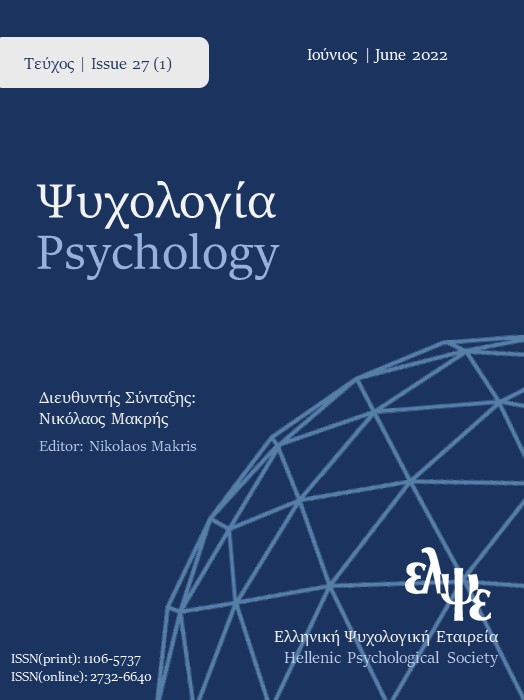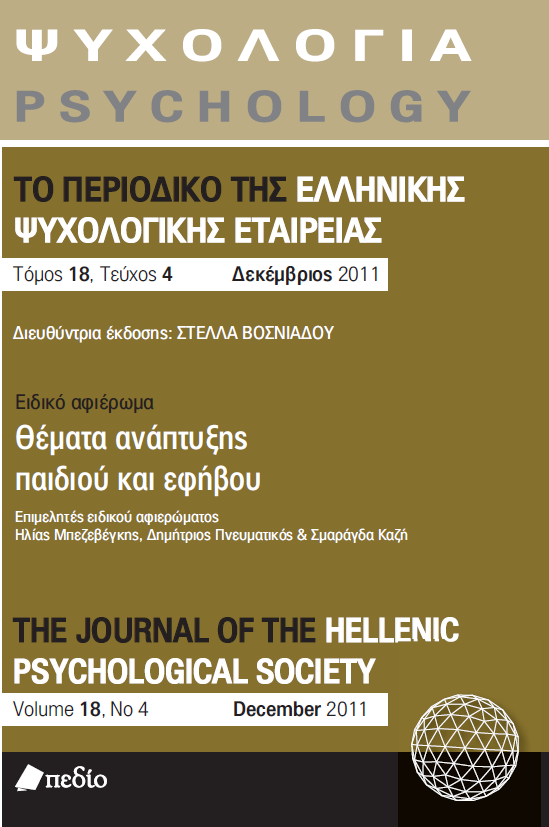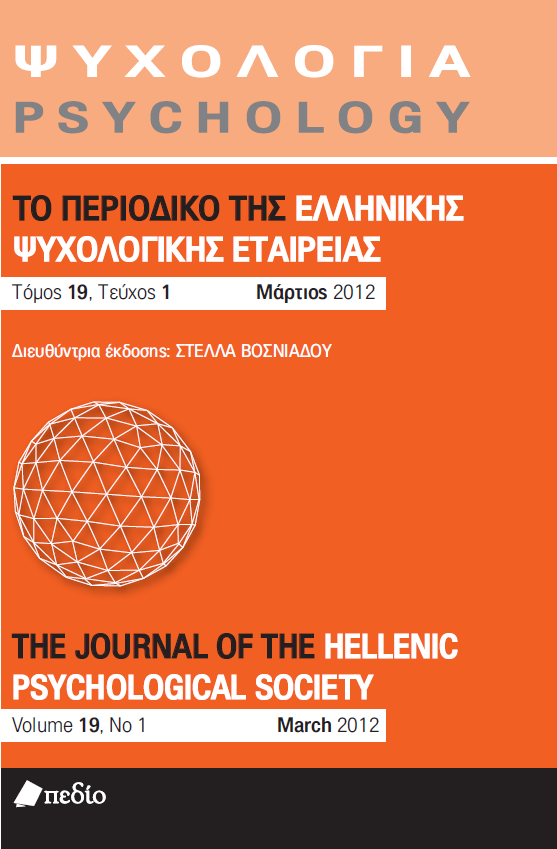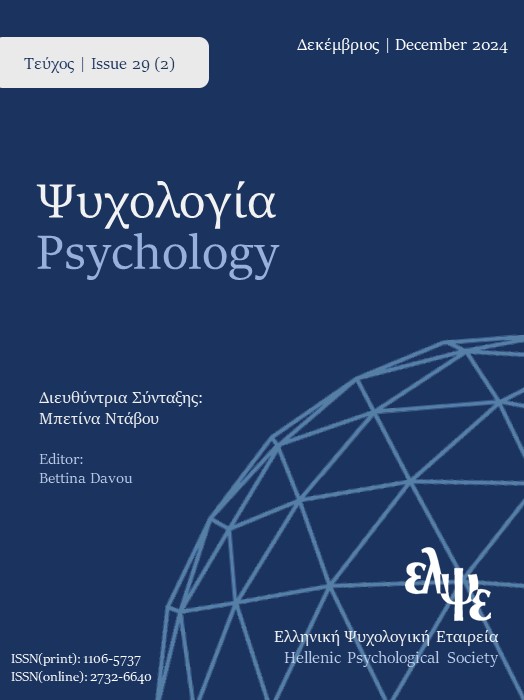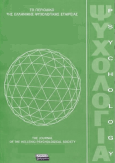Probing the relation between Theory of Mind and Epistemic Beliefs
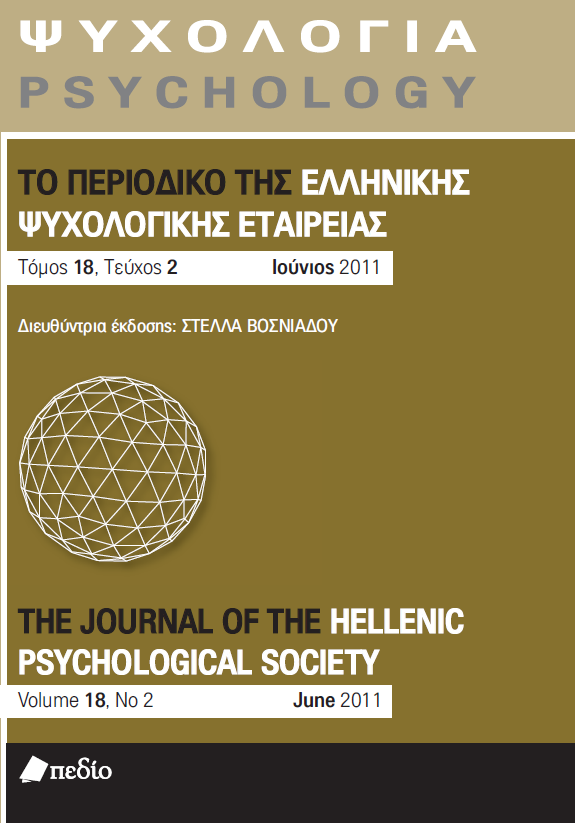
Abstract
The present research investigated a) beliefs about the mind of others elementary school children’s (Theory of Mind), b) their epistemic beliefs about the nature of knowledge and knowing (Personal Epistemology), and c) the relationship between these two domains, in order to examine the hypothesis that Theory of Mind is a first step towards the development of a Personal Epistemology. Forty-six fifth graders were administered measures of their ability to attribute false beliefs to others and of their epistemic stance. The results showed statistically significant
correlations between children’s ability to understand the beliefs of others and their epistemic beliefs. Furthermore, students performed better on Theory of Mind measures in relation to epistemic measures indicating that children more readily understand the constructivist nature of knowledge in the domain of Theory of Mind. The regression analyses carried out showed that Theory of Mind highly contributes to children’s epistemic stance.
Article Details
- How to Cite
-
Κυριακοπούλου Ν., & Βοσνιάδου Σ. (2020). Probing the relation between Theory of Mind and Epistemic Beliefs. Psychology: The Journal of the Hellenic Psychological Society, 18(2), 137–158. https://doi.org/10.12681/psy_hps.23714
- Issue
- Vol. 18 No. 2 (2011)
- Section
- RESEARCH PAPERS

This work is licensed under a Creative Commons Attribution-ShareAlike 4.0 International License.
The journal PSYCHOLOGY adopts a Platinum open-access policy. Submission, processing or publication costs are waived by the Hellenic Psychological Society. Papers published in the journal PSYCHOLOGY are licensed under a 'Creative Commons Attribution-ShareAlike 4.0 International' licence. The authors reserve the copyright of their work and grant the journal the right of its first publication. Third-party licensees are allowed to use the published paper immediately after publication as they wish, provided they retain the defined by the license copyright formalities, regarding the reference to its author(s) and its initial publication in the journal PSYCHOLOGY. Moreover, any adjusted work should be shared under the same reuse rights, so with the same CC license.



